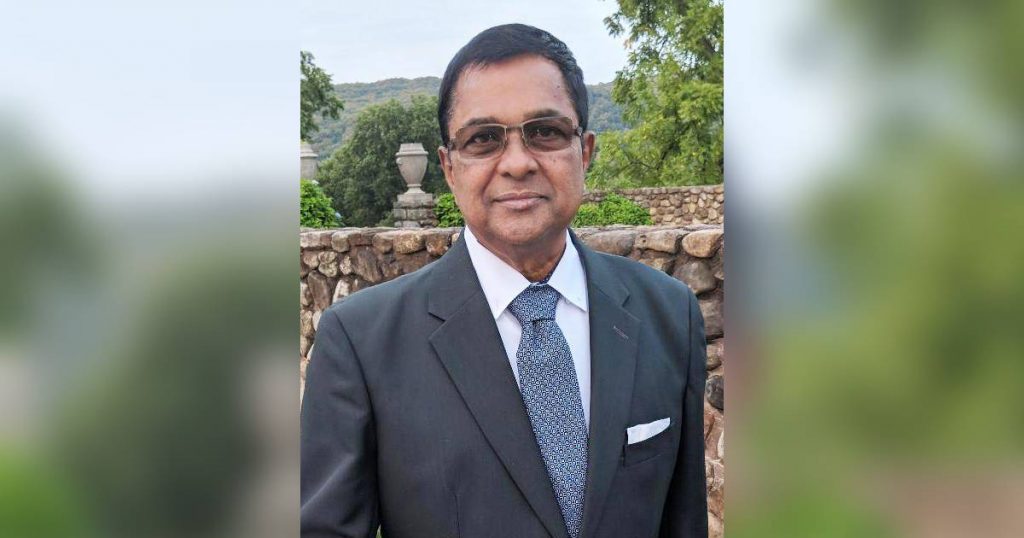“His life of selflessness we all know. Although, he preached civil disobedience, he was an advocate of non-violence. He said humanity and its problems could be solved by embracing a policy of love. Laudation to his glory will never cease, the wonderful great Apostle of Peace”. Thus, sang Attila the Hun, politician Raymond Quevedo, in a calypso entitled “Panegyric to Gandhi” at his death in 1948. In Trinidad and Tobago, and across the globe then, and now, Mahatma Gandhi’s life, message and philosophy know no bounds, for he commanded international respect, admiration and love for the principled stand he espoused on peace, non-violence and respect for all mankind.
Yesterday, January 30, 2022, marked the 74th death anniversary of Gandhi who was felled by an assassin’s bullet in his prayer ground in New Delhi. The late prime minister Dr Eric Williams, in a radio broadcast on October 2, 1959, commented: “Gandhi freed India by means of a particular method of political revolt, the method of passive resistance of a whole population.”
Dr Williams continued:” Students of history and politics are increasingly inclined to place Gandhi in the great tradition of revolutionists with the men of the French Revolution, with Karl Marx and others, in the sense that he developed a new method of struggle, carried through successfully over a vast area of human activities and has left it as a heritage which has been studied and followed in areas as Ghana, and Montgomery, Alabama.” To this, we must add South Africa with President Nelson Mandela and apartheid.
Gandhi’s death in India, the Caribbean and the world regarded as an international disaster even today, and this will continue for several generations to come.
Gandhi’s philosophy of non-violence must be integrated in the education system worldwide. In fact, Gandhi’s life should be compulsory reading by all students, teachers, civic leaders, politicians and leaders. For, to continue to ignore his thoughts on world peace is to continue to deny mankind the legacy of a continuously peaceful existence. Today, the world hides itself from itself because of the uncontrollable acts of terrorism which always incite bloodbaths, terror and gunshots. Gandhi gave the world a philosophy of satyagraha defined as non-violence, truth and peace, and love. And this was founded on several moral and ethical pillars: the equality of man, the dignity of the human person, the transcendent nature of the soul of man, the supremacy of the spiritual over the material, the ultimate victory of truth over falsehood, the ultimate defeat of brute force by the all-pervading strength of the inner moral force of man. Gandhi is revered in Trinidad and Tobago, probably even more than in his homeland. There are several busts of Gandhi installed across this land, and his thoughts are continuously invoked at regular intervals by religious leaders and politicians. The Indian High Commission must do all within its power and competence to keep the works and thoughts of Gandhi alive at all times. A similar initiative must be done with the works of Nobel laureate Rabindranath Tagore, Pundit Nehru, Swami Vivekananada and Dr. S. Radhakrishanan. The recent completion of the Mahatma Gandhi Centre for Cultural Co-operation here has given a new and additional impetus for Gandhi in the Indian diaspora to continue infinitely as there must be some kind of mechanism or facility to maintain his relevance as a world thinker and visionary.
